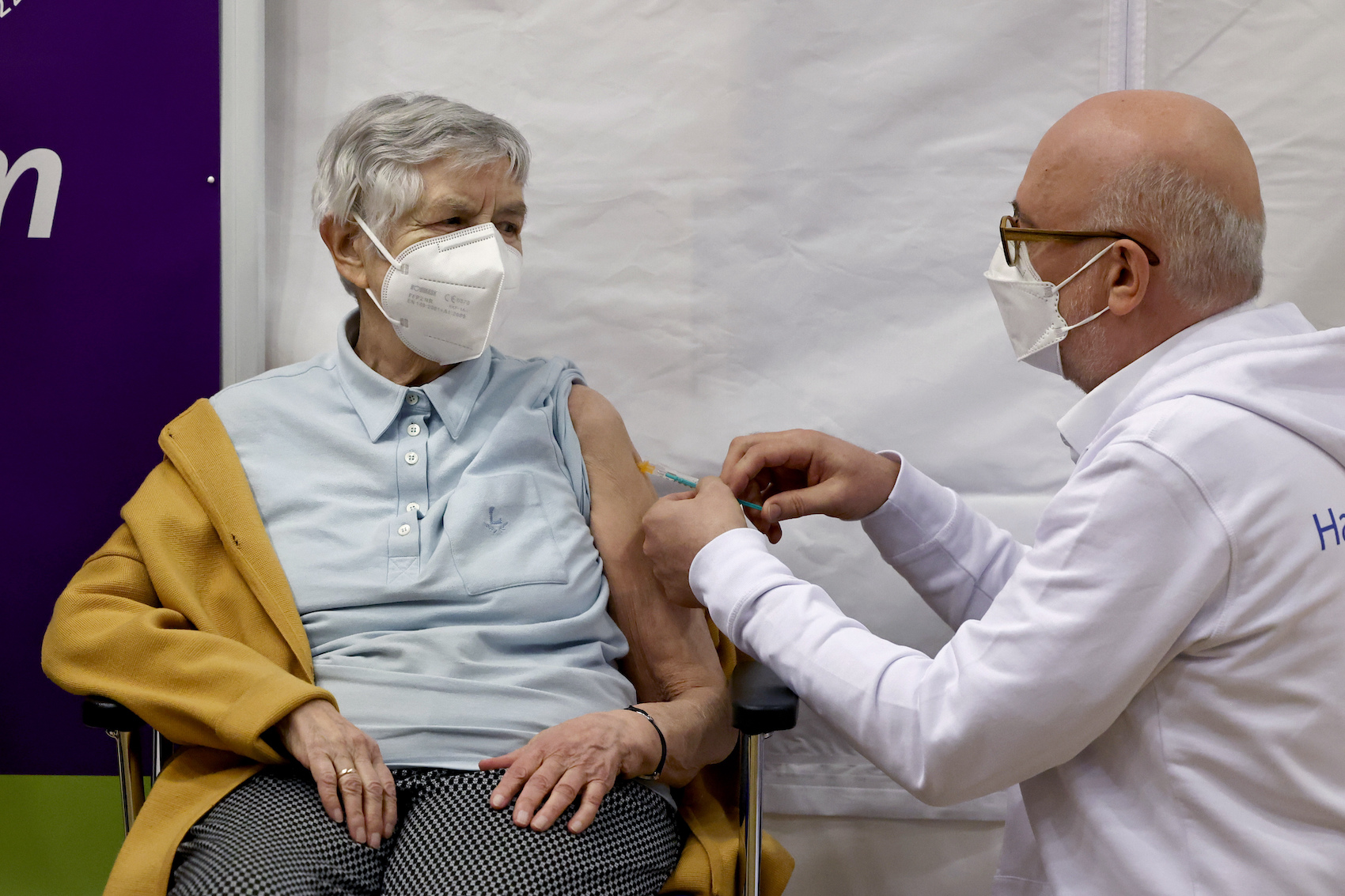Students market Citibank
The “Paper or Plastic?” event took place Wednesday as scheduled, despite some controversy surrounding this project.
Don Dickinson’s Marketing 443 Advertising Campaigns class held a “Paper or Plastic?” game about credit Wednesday, on the second floor of Smith Memorial Center. Portland State University students’ reactions to the game and the knowledge they acquired was mostly positive.
“This was really informative and good for people this age to know about. A lot of students don’t care enough about their credit,” graduate student Maria Guloy said.
On Friday, March 1 at 11:12 a.m. ASPSU senator Aaron Bertrand initiated debate over whether the “Paper or Plastic?” campaign belonged on campus, or on the walls of Portland State University through an e-mail.
The e-mail was sent to the ASPSU staff, Vanguard Editor in Chief Erin Lloyd, Jeanie-Marie Price, interim director for the marketing & communications department, and OSA CWG.
Bertrand addressed his concerns over the “Paper or Plastic?” campaign’s intentions, and what messages were being sent to Portland State University students.
One of the advertisements, made by Dickinson’s class, featured a check dated March 6, inviting students to come play the credit education game called “Paper or Plastic?”
The advertising campaign and the game are sponsored by CitiBank, but developed and organized by Dickinson’s class in an exercise to teach the process of developing a marketing campaign.
“In effect, Citi(Bank) is telling us that credit cards are part of a game that we will all win if we play along,” Bertrand stated in his e-mail.
“Unfortunately, this type of publicity paints credit cards as magic keys to a problem-free economic future where spending is fun and money is a thing of the past.”
ASPSU senator Shane Jordan as well as Dickinson sent e-mails explaining their views of the event. Jordan commented in an e-mail on a conversation he had with William Elk III, a student of the Marketing 443 class, when seeking information on what the campaign was all about.
“Elk informed me that the group is actually trying to educate people about the outrageous interest rates Citibank and others charge as well as educating students on how credit card companies tend to prey on students because they are easy targets,” Jordan wrote.
The vagueness of the campaign when it first came out, by posting bags with the lone words, “Paper or Plastic?” printed on them, added to the confusion over what the campaign was trying to accomplish.
Dickinson explained that this vagueness is an advertising technique called a “teaser campaign.” The bags did contain information on how to contact Dickinson in the advertising management program.
Student senator Dimitris Desyllas also e-mailed the group about his concerns over the unfairness of the “Paper or Plastic?” signs being placed all over campus without being taken down by public safety.
“I want to know how come the university stamps their flyers and leaves them on the windows of the main entrance doors of Smith and other buildings, when they take mine down all the time. Are my campaigns not as important? Do rules only apply to me and not others?”
Dickinson responded to this comment by saying that some of his signs were removed as well. Students in his class had unwittingly violated university policy by posting their signs on the doors of the entryway to Smith Memorial Center and were notified by John Fowler, director and chief of public safety, that they could not post signs on entryways.
Someone else didn’t like the placement of the signs for a currently unknown reason. Between 5:30 and 7:30 p.m. on Monday, March 4, 16 out of 24 of Dickinson’s class’ lawn signs were vandalized.
“We have had problems similar to this in the past when doing promotional campaigns for Saturn automobile. My hope is that once people understand that this is a learning project for a class, they will be less opposed to what we are doing,” Dickinson said. “Even if they don’t agree with what we do, they should allow us to complete the academic exercise.”



